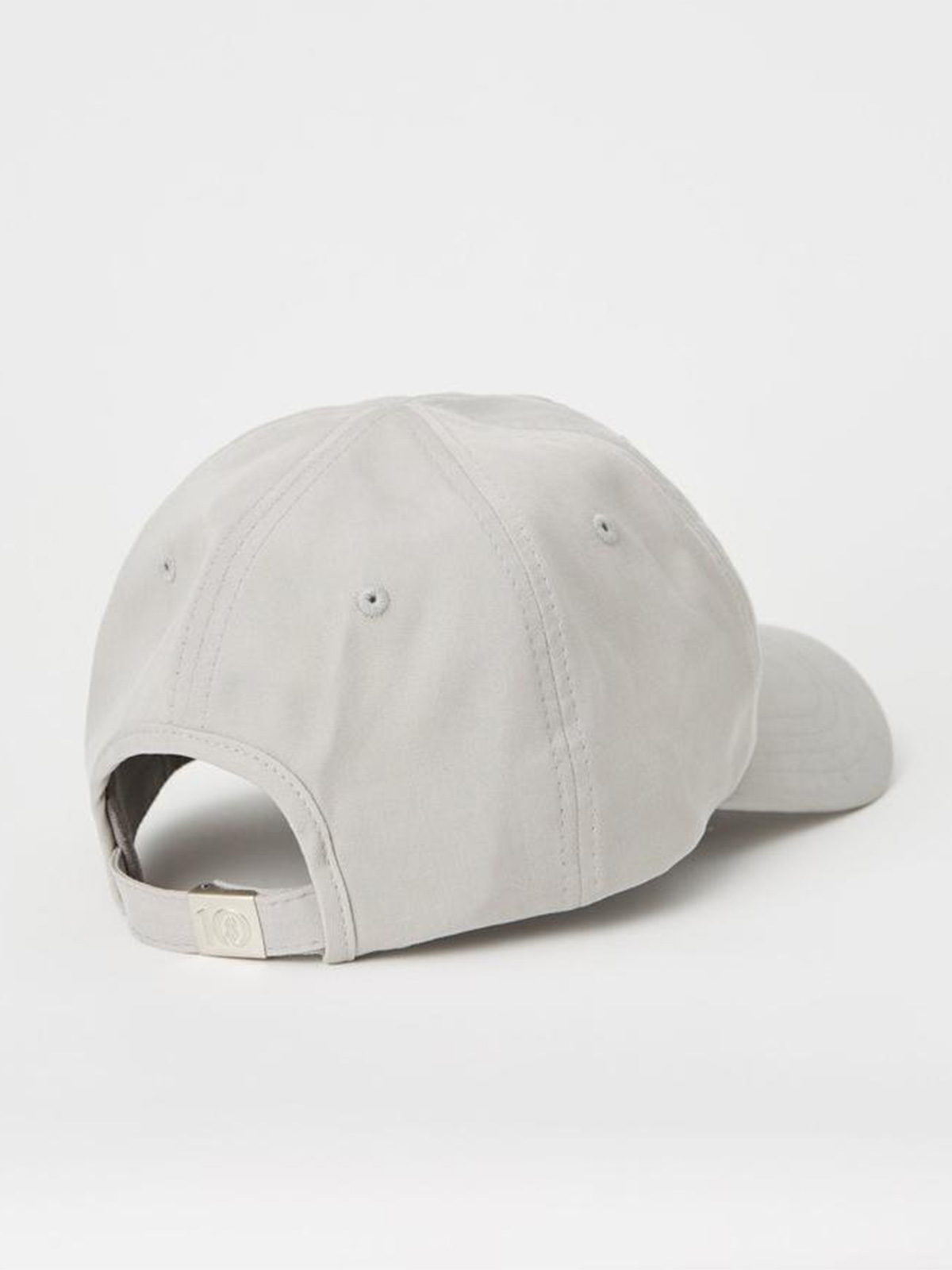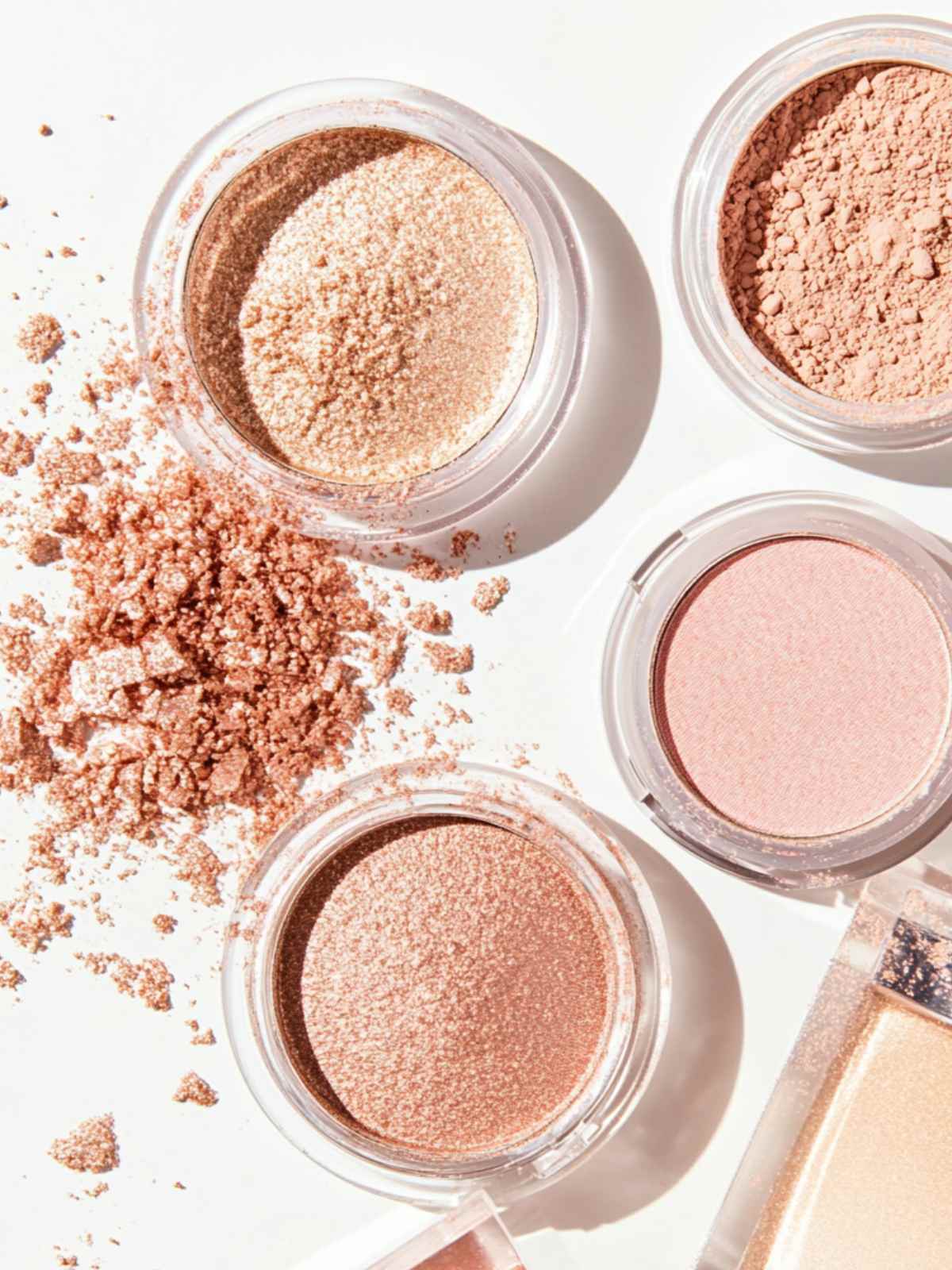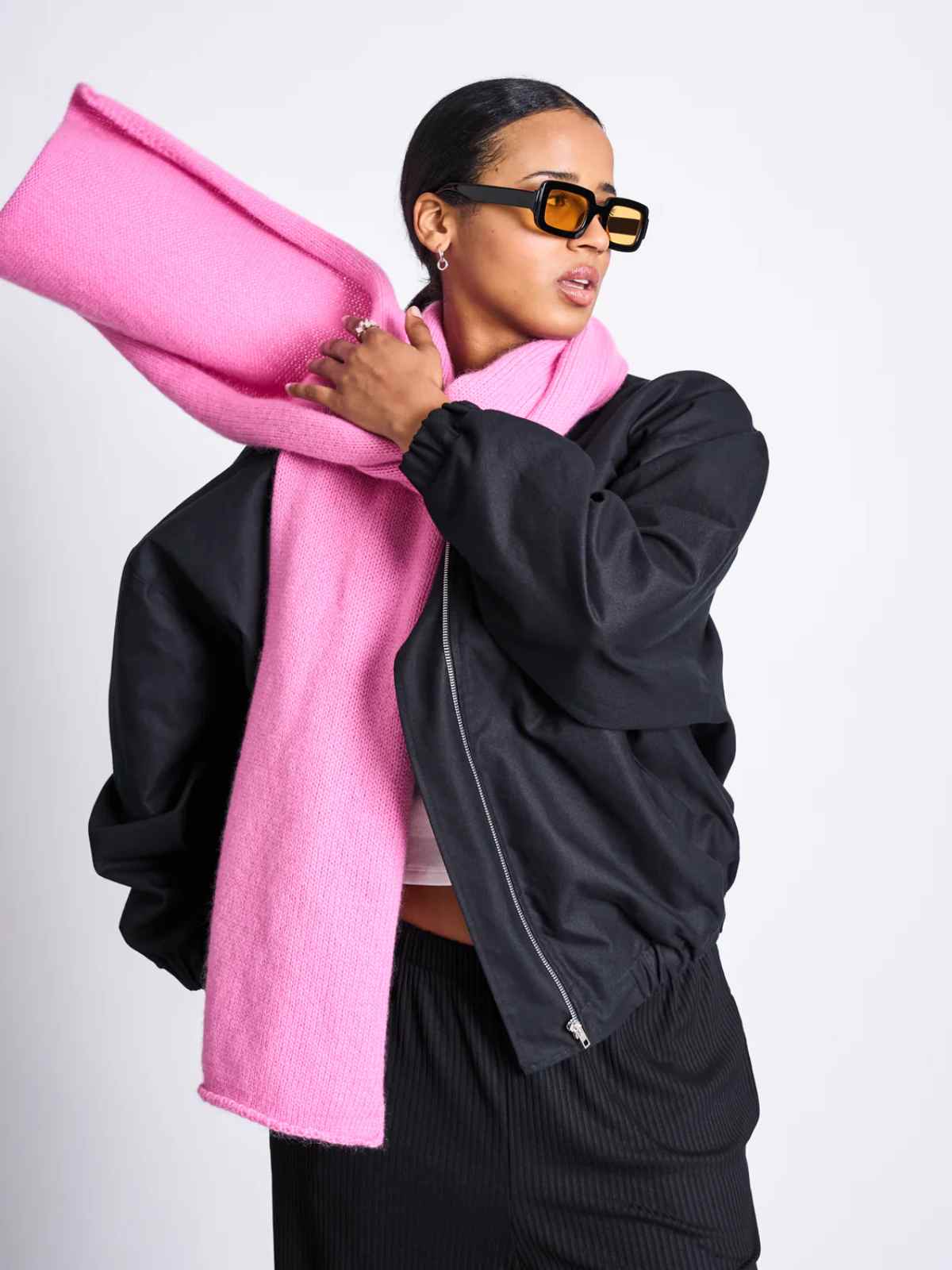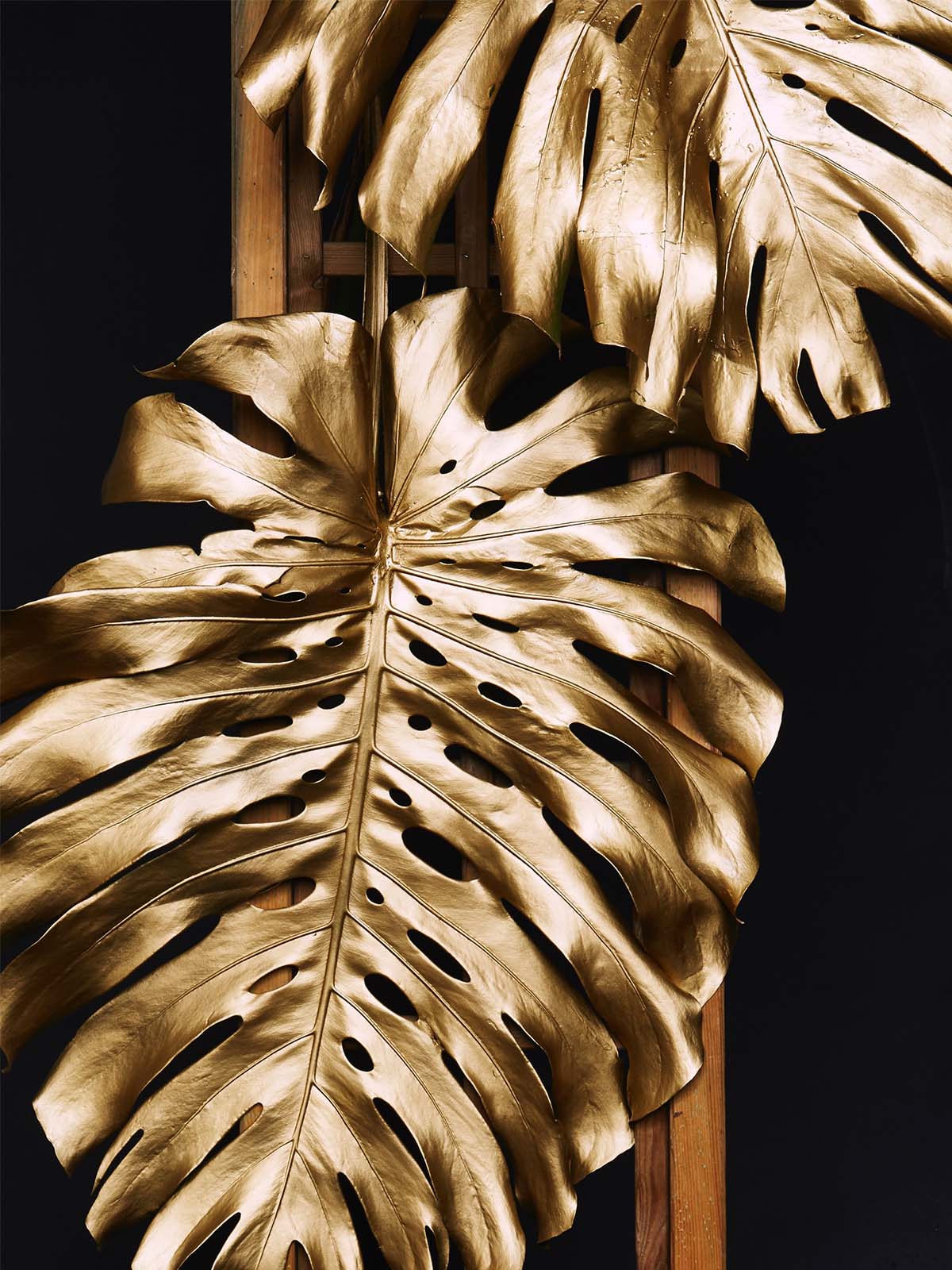In early July, Burberry provoked a storm of criticism when it was revealed the brand burned unsold stock worth millions of dollars. Some commentators pointed out that this is commonplace in the fashion industry and that the British luxury retailer is not the only company setting its stock alight. But the Burberry backlash made it clear consumers were not happy to discover this fashion label’s dirty secret.
Fast Forward two months and Burberry has just announced it will stop destroying unsold items immediately. So, what’s the deal with Burberry? What’s behind this sudden move and how ethical is the company as a whole?
Burberry under fire
In its annual report the British fashion firm, famous for its check pattern and trench coats, acknowledged that it had destroyed unsold goods worth up to £28.6 million, or US$37 million. More than a third of those items were perfumes which the company said was due to problems with its licence in the United States.
Although Burberry also highlighted that the energy generated from burning these products was captured, making it “environmentally friendly”, the idea of a big pile of perfectly good items going up in flames left shoppers aghast.
The backlash was swift and universal. Social Media lit up, and news outlets across the world covered the story. It seemed to mark a turning point for fashion – the moment the mainstream cottoned on to the unsustainable practices that are rife in the industry. The Burberry stock burning scandal symbolised everything that’s wrong with our throwaway, wasteful culture.
Why did they burn the stuff in the first place?
The reason given is so that the market is not flooded with Burberry products at a discount, which might devalue the brand. This is especially important for the Burberry, which has been battling in recent years to restore its exclusive and luxurious image after being overexposed and knocked off.
When there is smoke, there is fire, and unfortunately, this seems to be a widespread industry practice used to protect luxury brands’ images. In fact, Louis Vuitton and Cartier’s parent company, Richemont, have also been tied to this practice.
So are Burberry now blazing a trail?
Burberry’s sudden change of heart comes as Riccardo Tisci, the firm’s newly appointed designer, is set to debut in September. The retailer has announced that “it will stop the practice of destroying unsaleable products, with immediate effect”.
This commitment is said to build on the goals that Burberry set in 2017 as part of its five-year responsibility agenda. Its new strategy aims at tackling the causes of the waste.
In fact, in May 2018, Burberry became a core partner of the Make Fashion Circular Initiative convened by the Ellen MacArthur Foundation. It has also partnered with sustainable luxury brand Elvis & Kresse to transform 120 tonnes of leather waste into new products over the next five years.
… or simply putting out the fire?
As burning products is now off the table, what will the company do with its unsold stock? The company said it will continue to expand of its efforts to “reuse, repair, donate or recycle unsaleable products”, but what does this mean exactly?
The press release states that the retailer may “in exceptional circumstances” and “to respect regulatory constraints (…) dispose of damaged, defective or expired beauty products where recycling is not an option.”
So although we do understand that beauty products might have an expiration date and cannot be kept on the market, this means some part of the stock will still end up being destroyed.
Is Burberry an ethical company?
We gave the brand a ‘Good’ environmental rating, as although it does not use eco-friendly materials, it is taking steps to reduce waste, such as its partnership with Elvis & Kresse, but only in small portions of its supply chain. Burberry has made a commitment to procure energy from renewable sources by 2022, eliminate chemicals by 2020 and implement water reduction initiatives.
In terms of labour, Burberry is rated ‘Good’. it has adopted the Ethical Trading Initiative Code of Conduct although it is still unclear whether it is actually paying a living wage,
Its animal rating is ‘Not Good Enough’, as the company uses fur, leather, shearling and cashmere. Its wool complies with the Responsible Wool Standard and down feather is accredited by the Responsible Down Standard. At the moment Burberry’s real fur is made from rabbit, fox, mink and Asiatic racoon. However, in its latest statement, the brand says it will stop using real fur altogether.




















